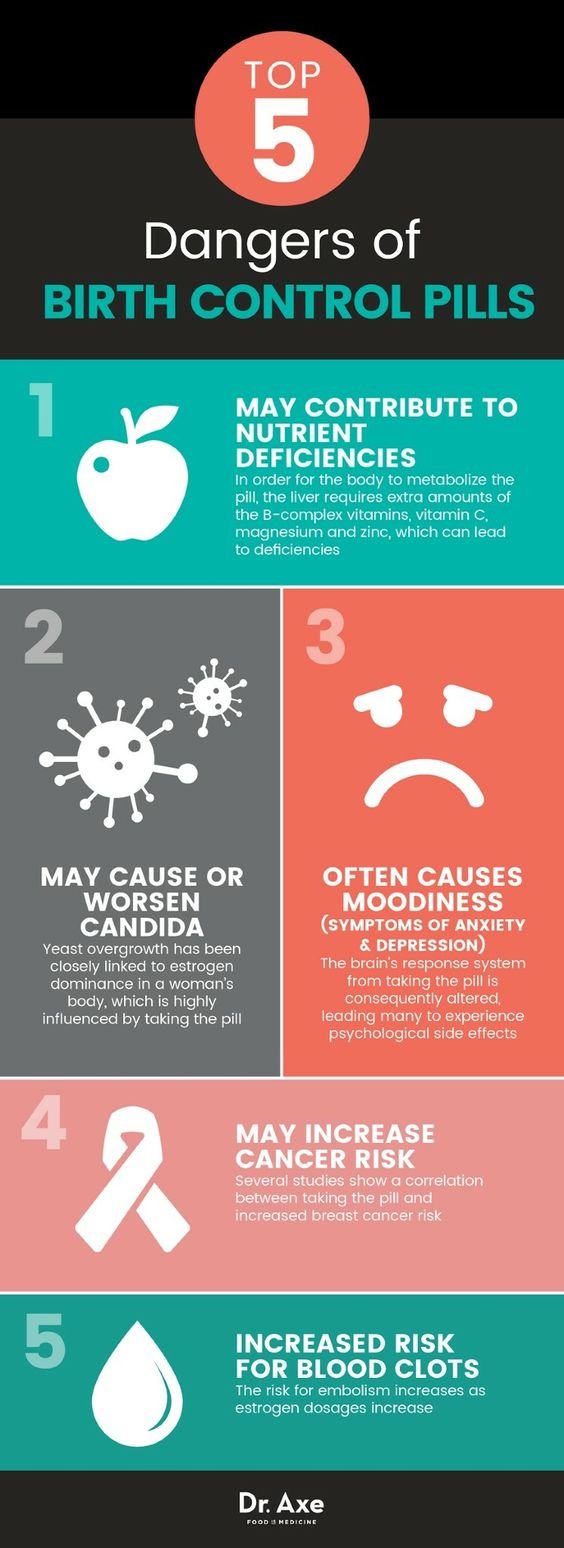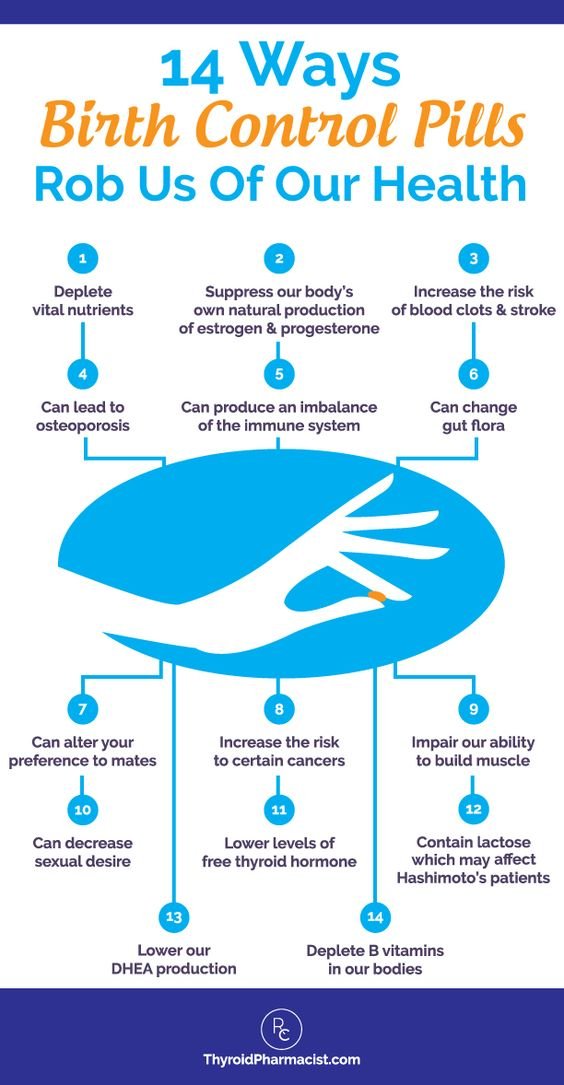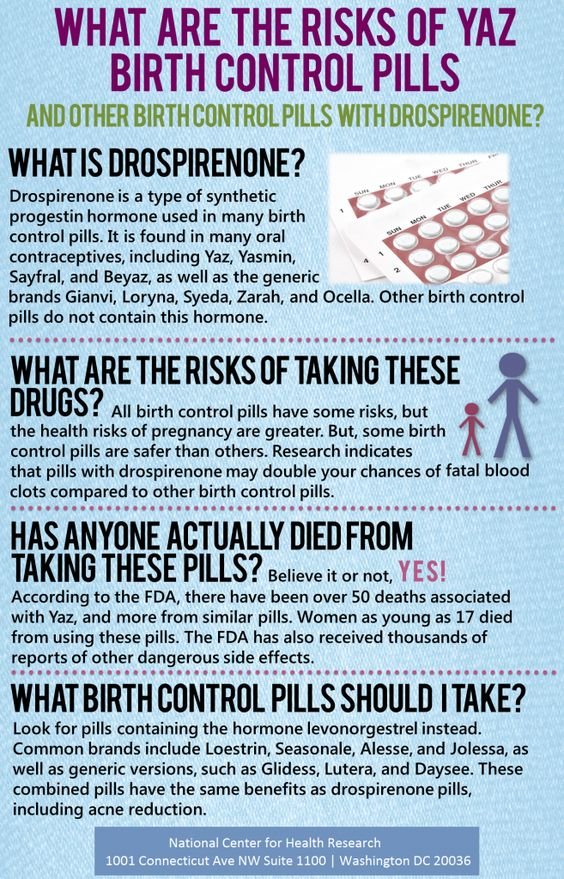Birth Control Pills Increase Rate of Stroke : Around 70% of young women have quit or are considering quitting oral contraception, according to a recent Power to Decide and Cosmopolitan survey. As an alternative, more are opting for other lasting methods such as IUDs. The reasons are manifold. For one, women are increasingly aware of the risks associated with the pill, owing to its effect on hormone levels.
A new study carried out by researchers at the Loyola University Health System, adds to the reasons why women might decide to forego the pill. Oral contraceptives increase the risk of ischemic stroke, though the risk is small among women who don’t have other risk factors.
What is Ischemic Stroke?
Ischemic stroke is the most common type that affects human beings. It occurs when a blood clot blocks blood flow to the brain. Within minutes, brain cells begin to die, because blood carries oxygen and nutrients to the brain, and removes carbon dioxide and waste.
Ischemic stroke is caused by different kinds of diseases, though certain medications can also increase the likelihood of clotting. It is thought that birth control pills can increase the risk of stroke by raising blood pressure and making blood more likely to clot. A 2016 study has also shown that the pill may increase the likelihood of seizures.
Risk Factors for Stroke
The above-mentioned study indicates that in women with other stroke risk factors, oral contraceptive use should be avoided. These factors include high blood pressure, cigarette smoking, and migraine headaches, especially migraines with aura (including flashes of light and tingling in the hands and face). The study also showed that among women with one or more stroke risk factors, only 15% said they had been advised not to take the pill and only 36% were told to stop. Some 15% of women surveyed continued to take the pill despite being adviced against it.
Women who are told to avoid the pill should talk to their doctors about the safest alternatives. In the past, there have been medical and legal issues associated with certain implants that have suffered complications. Therefore, women opting for non-hormonal means of birth control should weigh the pros and cons alongside their gynecologist.
Safer Alternatives?
Effective and safe methods of birth control include the vaginal ring and diaphragm. However, even these methods can have side-effects. In the case of the diaphragm, side-effects can include irritation and the chance of an abnormal pap smear result. Vaginal rings can also cause irritation and swelling.
Researchers are also currently working on male birth control shots, and are trying to find the perfect combination of hormonal contraceptives that will reduce the chance of side effects such as mood disorders.
Important considerations when discussing birth control options with your gynecologist include effectiveness, reversibility, compatibility with religious beliefs/cultural practices, side effects, and protection against STDs.
Your particular tolerance for different methods will also determine your ultimate choice. What research does tell us is that the pill may increase the chance of seizures and strokes, so if you are at a risk of these conditions, another form of contraception should be considered.
Related Videos to Birth Control Pills Increase Rate of Stroke:
Can Taking the Birth Control Pill Increase My Risk for Stroke?
Can Taking the Birth Control Pill Increase My Risk for Stroke?
The Dangers of Birth Control Pills
8 On Your Side: High blood pressure, birth control tied to stroke risk factors
10 Health Dangers of Birth Control Pills
Related Infographics to Birth Control Pills Increase Rate of Stroke:



Birth Control Pills Increase Rate of Stroke
birth control stroke symptoms, oral contraceptives and stroke pathophysiology, birth control options after stroke, birth control for stroke victims, family history of stroke and birth control pills, hormonal contraception and stroke, oral contraceptives stroke risk, birth control stroke risk migraine,




